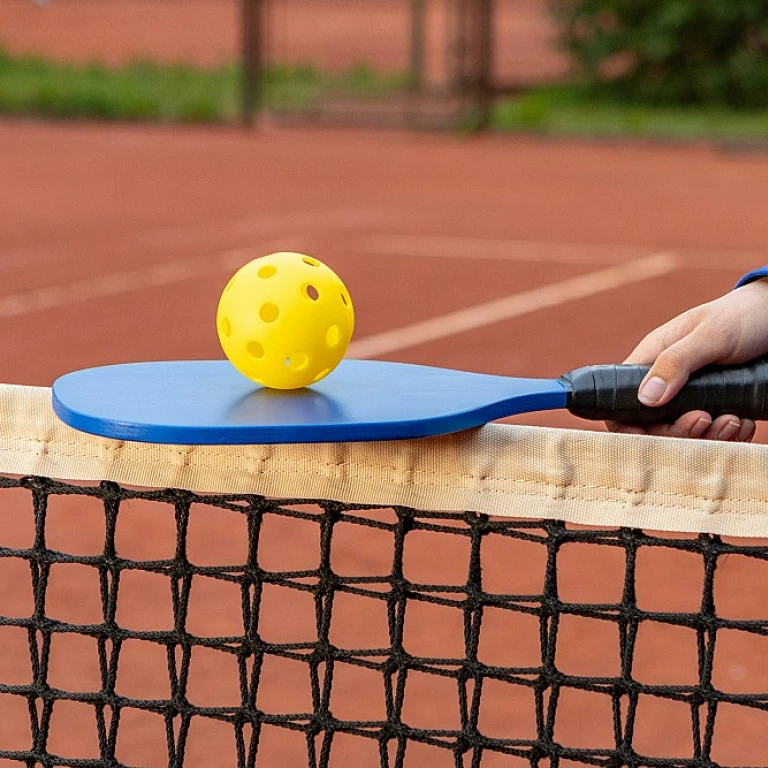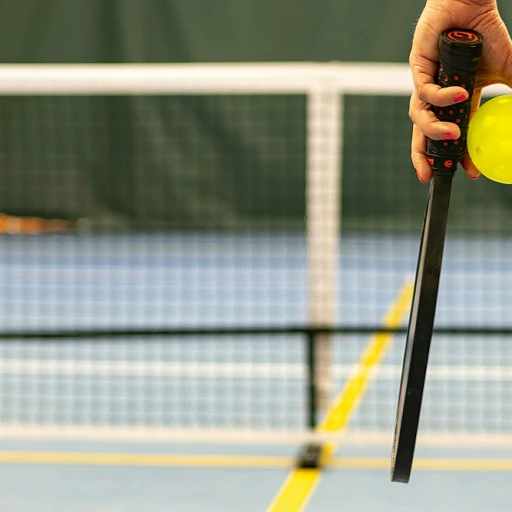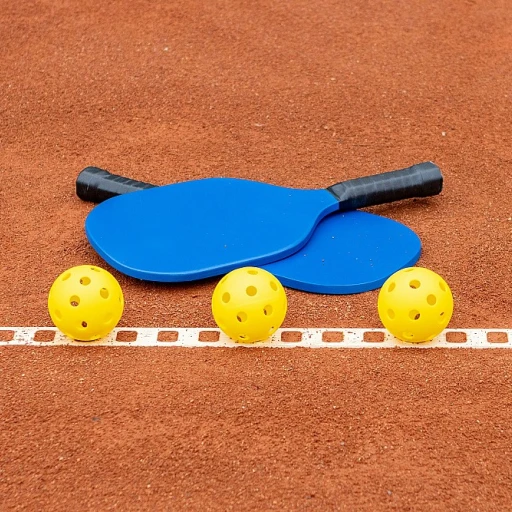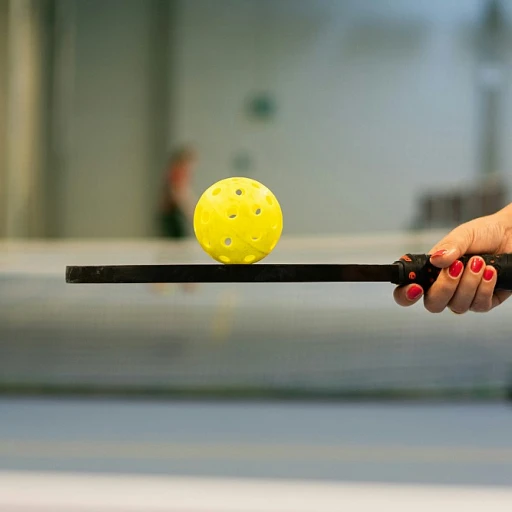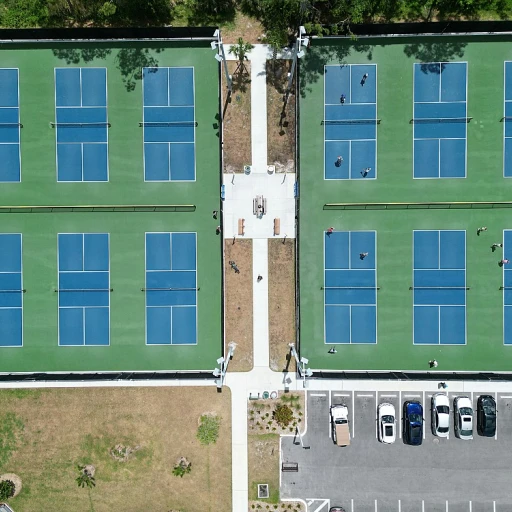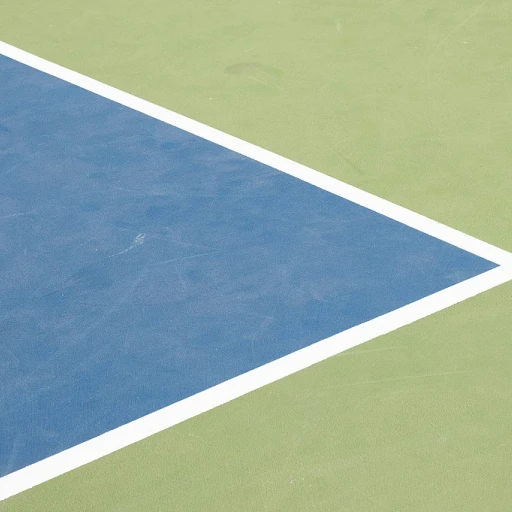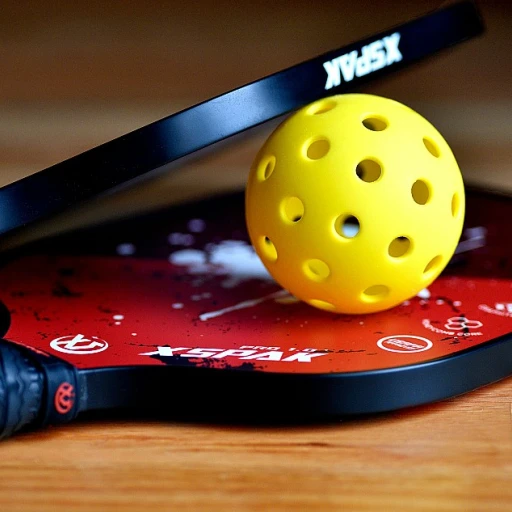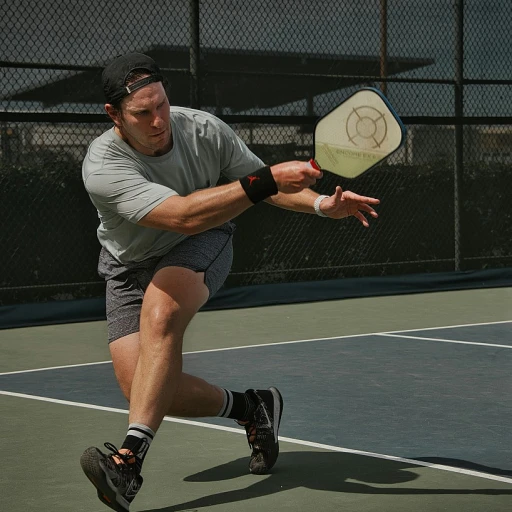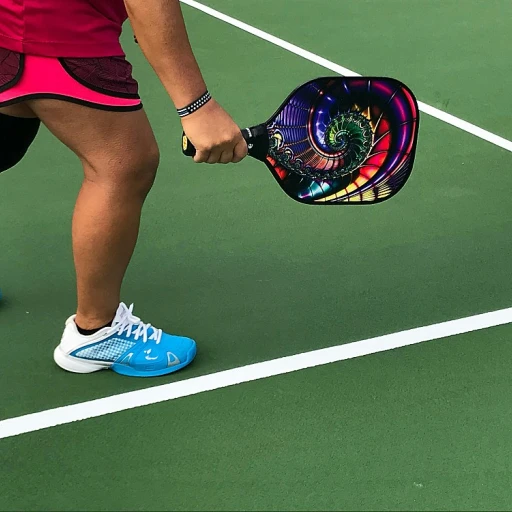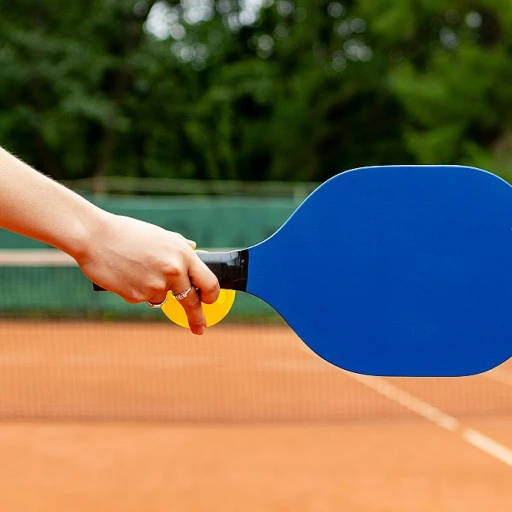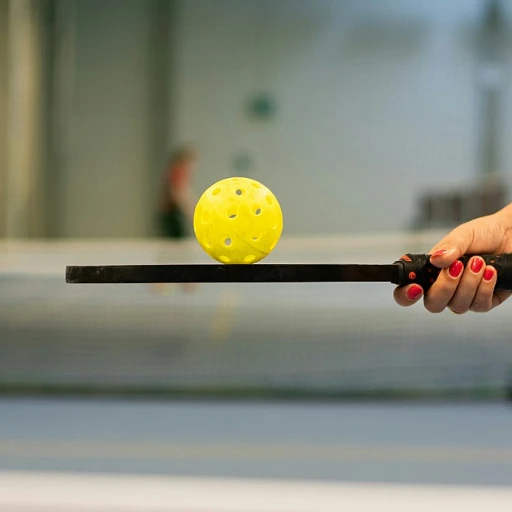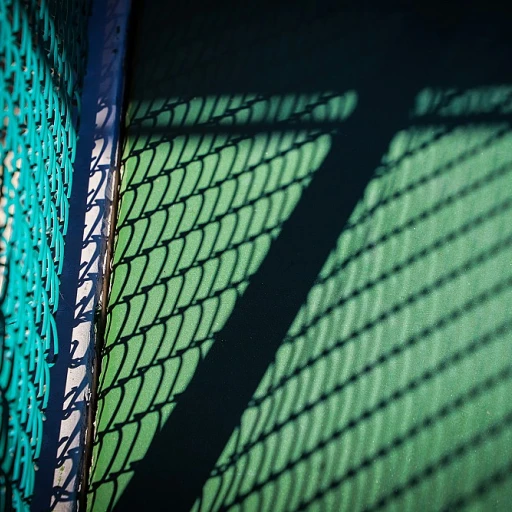
The Rise of Pickleball
Pickleball's Meteoric Rise
Pickleball has seen a rapid growth over the past few years, transforming from a niche pastime into a mainstream sport. This surge in popularity can be attributed to its accessibility and the inclusive nature of the game, which welcomes players of all skill levels. Whether you're a seasoned pickleball player or just starting, the sport offers a unique blend of competitiveness and social play.
Community and Corporate Engagement
The sport's appeal is not limited to individual players. Many corporate teams have embraced pickleball as a way to foster team spirit and camaraderie. With a wide range of membership options available, from casual social play to more competitive programs, there's something for everyone. Pickleball clubs and events have become a staple in many communities, offering players the chance to join pickleball leagues and participate in round robin tournaments.
Infrastructure and Support
As the sport continues to grow, so does the need for top notch facilities and certified pickleball coaches. Many communities are investing in new courts, including the innovative courts skinny design, to accommodate the increasing number of players. Additionally, the role of pickleball HQs and officers, including chief and vice president positions, has become crucial in managing the sport's development and ensuring that players have the best possible experience.
With its rapid growth and the support of a dedicated community, pickleball is poised to continue its ascent as a beloved sport for players of all ages and skill levels.
Understanding Pickleball Equipment
Essential Equipment for Every Pickleball Enthusiast
The pickleball craze has led to a booming market for equipment designed to enhance player experience and skill. Choosing the right combination of equipment is vital for anyone looking to succeed in this vibrant sport.
Here's what you need to know to get started with the essential gear:
- Paddles: The paddle is one of the most critical pieces of equipment. Comfortable grip, weight, and material are key factors influencing performance. With a wide range of options, including wood, composite, and graphite, players can easily find a paddle that suits their skill levels and playstyle.
- Balls: Pickleball uses a perforated plastic ball, which is different from those used in other racquet sports. There are indoor and outdoor variations, affecting play dynamics and speed. Ensuring the right type for your court time can optimize your game.
- Shoes: Playing on courts skinny or wide requires proper footwear to avoid injuries and provide necessary support. Pickleball-specific shoes often have non-marking soles and offer greater lateral stability, catering to the sport’s demands.
- Apparel: While not mandatory, apparel designed for pickleball or similar sports can enhance comfort and movement on the court. Lightweight and breathable materials are recommended.
Many players join a pickleball club or participate in corporate team events to share social play experiences, improve skill levels, and build a sense of community. Clubs often provide membership options that include access to upgraded facilities and equipment.
Investing in certified pickleball programs with expert coaches, including skill-level specific sessions, can make a significant difference for both beginners and advanced players. Engaging in round robin tournaments and learning from top notch pickleball coaches can effectively address common challenges and improve competitive performance.
Key Strategies for Pickleball Success
Mastering the Art of Winning
Pickleball, known for its blend of strategy and quick reflexes, has captured the interest of players at various skill levels. Today's pickleball player needs to be equipped with key strategies that not only enhance performance but also maximize the experience on the court. Whether you're part of a corporate team seeking to enrich social play through pickleball sessions or an individual aiming for competitive events, understanding these strategies is essential. To succeed in pickleball, it is crucial to focus on placement over power. Engaging in drills that enhance accuracy can help you target opponents' weaknesses effectively. Events often highlight the importance of court positioning and speed control, which allows players to dominate matches, especially in intense round robin games. Coaches and certified pickleball instructors recommend practicing a wide range of shots, including dinks, volleys, and lobs, to keep opponents guessing. Different membership options at your local pickleball club can offer structured programs to help refine these skills. The growing pickleball community, including pickleball Cliffwood, emphasizes the need for tactical serving and strategic teamwork during play. For those interested in joining a corporate team or exploring competitive play, forming a pickleball team with a shared vision of success is vital. This approach not only facilitates camaraderie among players but also develops a sense of ownership and responsibility, akin to a corporate officer driving a project. Utilizing tools like the pickelball edge guard tape can further optimize performance, ensuring your equipment is in top condition for every match. Exploring strategic enhancements like this empowers players to achieve top notch results while participating in this rapidly growing sport. The insights offered by pickleball coaches and events are invaluable in navigating common challenges and achieving success, regardless of player levels. The sport encourages continuous learning and adaptation, making it an exciting experience for both novices and seasoned players alike.Common Challenges in Pickleball
Overcoming Obstacles in the Pickleball Arena
Pickleball, with its rapid growth and burgeoning community, is not without its hurdles. Players across various skill levels often face a blend of challenges that require thoughtful strategies and consistent effort to overcome. Understanding these common difficulties can pave the way for more effective play and social engagement, whether at individual, team, or corporate events. One primary challenge players encounter is adapting to different courts and play surfaces. "Courts skinny," as some affectionately call converted or dual-purpose courts, demand versatility and skill in movement. Adjusting to diverse environments is essential, especially for those participating in corporate events or large-scale tournaments where court conditions vary. Another frequent issue involves skill development. Newcomers to the sport may find the learning curve steep, especially when trying to master key strategies for pickleball success. Many players benefit from joining a pickleball club or enrolling in programs led by certified pickleball coaches. Such programs offer structured learning and foster community involvement, enabling players to enhance their game experience and elevate their competitive edge. Social play also presents challenges in balancing competitiveness with camaraderie. Players looking to join pickleball activities, such as round robin events, often need to navigate varying levels of intensity and play styles. It’s vital to maintain a team spirit while also pushing personal boundaries in skill improvement. Finally, the administrative aspect of pickleball, in the form of memberships and club management, can be demanding. Facilities like the Pickleball HQ, often helmed by officers including a vice president or chief officer, ensure the smooth operation of events and manage the structure necessary for the sport’s functioning. Providing a range of membership options enables clubs to cater to a wide range of player needs and skill levels. In addressing these challenges, the pickleball community continuously evolves, supported by dedicated individuals and passionate players working to facilitate an inclusive and enjoyable experience for all.The Role of Pickleball HQ
The Significance of a Pickleball Hub
A well-structured pickleball headquarters plays a pivotal role in nurturing the sport's ecosystem. Serving as the backbone for the sport, these hubs are not just the organizational nerve centers but a vibrant community core. With the rapid growth of pickleball, such facilities are crucial in coordinating events, programs, and skill-building opportunities that benefit players at all levels.- Comprehensive Support: From certified pickleball coaches to experienced pickleball officers, each role is integral in supporting and guiding players in their journey. These professionals ensure that players, whether part of a corporate team or individual enthusiasts, have access to top-notch training and play opportunities.
- Engagement Through Events: Organizing events like round robins and social play ensures that the sport remains enjoyable and competitive. Offering diverse membership options, including those for corporate teams, helps in accommodating a wide range of player levels and interests.
- Skill Development: By providing structured programs and skill-enhancing sessions, players can refine their abilities. This aligns with the strategies for success in pickleball outlined in earlier discussions, helping participants to elevate their games across different skill levels.
- Community Building: The headquarters acts as a community hub where players can join pickleball clubs, fostering a sense of belonging and camaraderie. It is not just about the game; it’s about building connections and networks.
- Future of Pickleball: As the sport continues to grow, headquarters will be instrumental in shaping future trends and addressing common challenges that players face. From adapting to new game styles to maintaining an inclusive environment, the role of these centers cannot be overstated.

